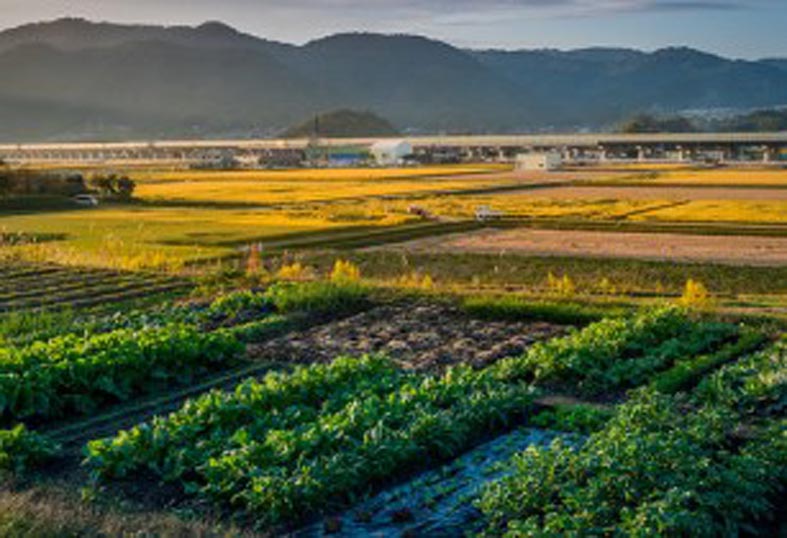Japan’s National Institute for Agro-Environmental Sciences has developed a new technology to create biofuel and animal feed at the same time without any off-site processing
According to the institute, the solid-state fermentation (SSF) system involves wrapping rice plants grown to feed livestock along with yeast, enzymes and bacteria into a bale covered with a plastic film and capturing the ethanol produced by the resulting fermentation.
This technology builds on traditional processes used by farmers around the world to create silage to feed livestock such as cattle, goats and sheep, added the institute.
Mitsuo Horita, a researcher at the National Institute for Agro-Environmental Sciences, said, “Our SSF system does not require special equipment and large facilities. Harvested materials are immediately packed into a round bale in the field, which is similar to a conventional silo used for silage fermentation. No extra energy needs to be supplied to the system.”
Horita noted that the system produces high yields of ethanol and silage without any plant waste. By processing plants destined for animal feed, it also avoids competing with food crops, he added.
”As a result, the technology could help address criticism of biofuels, which at present are mostly created from crops such as rice and maize. These first-generation biofuels have come under fire for driving up food prices as their production competes with the farming of crops to feed people,” said Horita.
According to Horita, the biggest challenge to implementing SSF on a larger scale is the cost of rolling out the technology. “Researchers will have to present the advantages of using the system to farmers, who will also need access to power stations that can buy and use the resulting ethanol,” he added.
However, Siwa Msangi, a researcher at the US-based International Food Policy Research Institute, noted that the technology is a welcome addition to global biofuel options despite concerns about its shortcomings.




